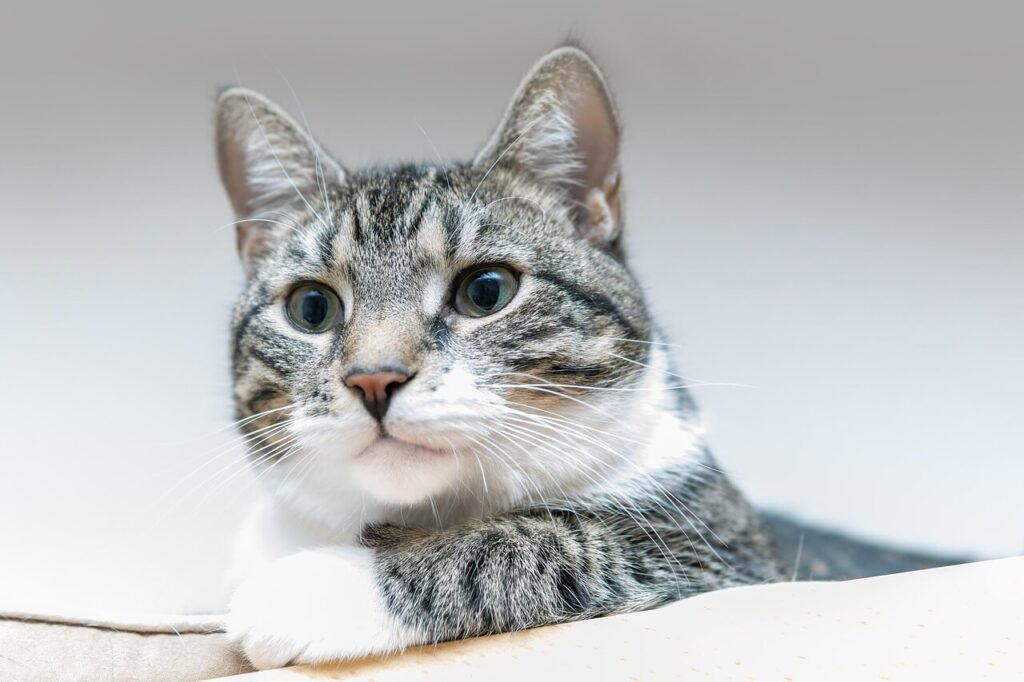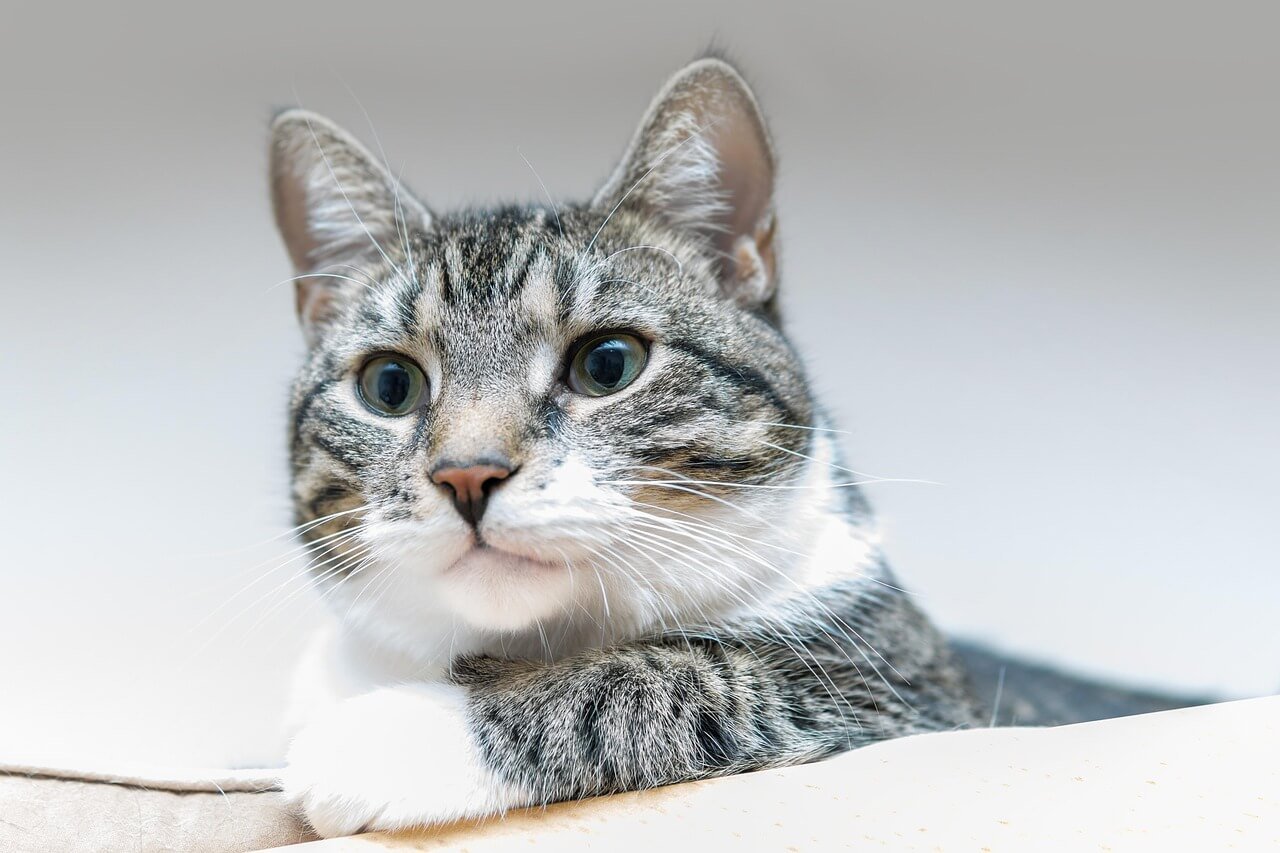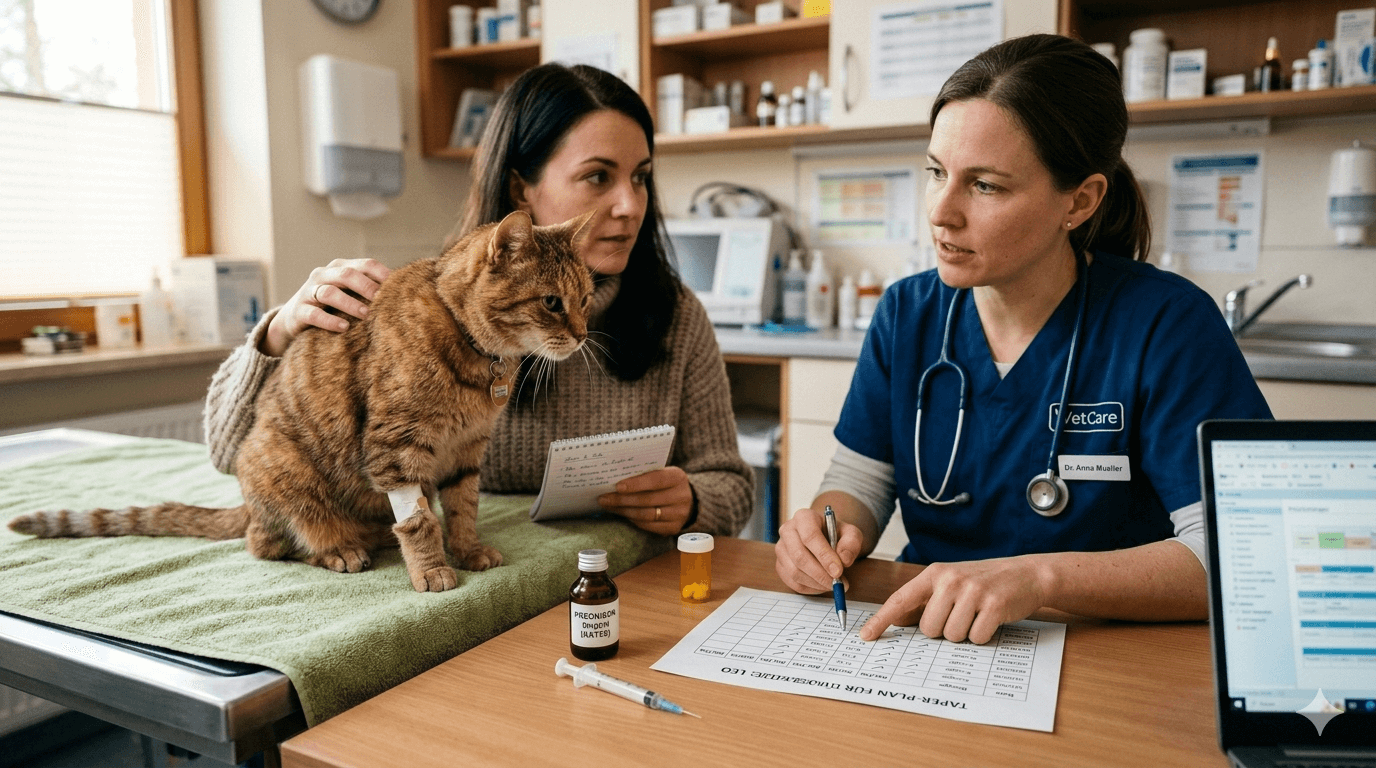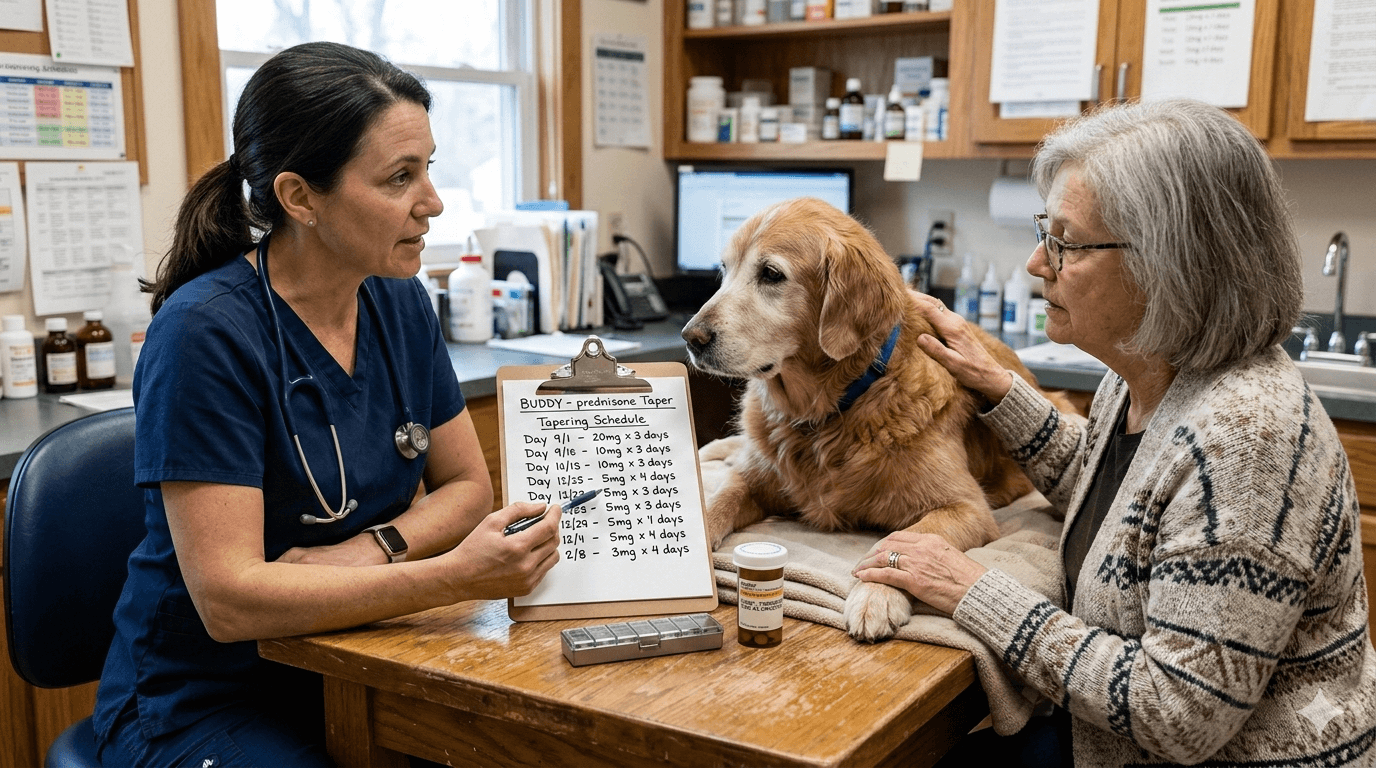Understanding and Managing a Cats Anal Gland Abscess Rupture at Home
Cats, like many other animals, have small sacs located on either side of their anus called anal glands. These glands produce a smelly fluid that cats use to mark their territory. While they typically function without issue, sometimes these glands can become blocked, infected, or abscessed. If an abscess ruptures, it can be alarming for pet owners. Knowing how to identify the signs of a ruptured anal gland abscess and how to provide proper home care is essential for your cat’s comfort and recovery. In this guide, we’ll walk you through everything you need to know about managing this condition safely and effectively.
Signs Your Cat May Have an Anal Gland Issue
If your cat is experiencing problems with their anal glands, they will likely show some telltale signs. Recognizing these symptoms early can help prevent complications like abscesses or ruptures. Here are some common indicators:
Excessive Licking or Biting at the Rear End
Your cat may frequently lick or bite around their anus in an attempt to relieve discomfort.Scooting Across the Floor
You might notice your cat dragging their bottom along the ground, which is often a sign of irritation.Swelling or Redness Around the Anus
Check for visible swelling, redness, or discharge near the anal area.Foul Odor
A strong, unpleasant smell emanating from your cat’s rear end could indicate an infection or rupture.Behavioral Changes
Your cat may seem more withdrawn, irritable, or lethargic than usual.
If you observe any of these signs, it’s important to act quickly to address the issue. Early intervention can make a significant difference in your cat’s recovery process.
Home Treatment Steps for a Ruptured Anal Gland Abscess
Once you’ve identified that your cat has a ruptured anal gland abscess, providing prompt and appropriate care at home is crucial. Below are steps you can take to manage the situation effectively:
Clean the Area Gently
Use warm water and a soft cloth to clean the affected area. Avoid using harsh chemicals or soaps that could irritate the skin further.Apply a Warm Compress
Soak a clean cloth in warm water and hold it against the abscess for 5–10 minutes. This can help reduce swelling and promote drainage.Keep the Area Dry
After cleaning, ensure the area remains dry to prevent further infection. You can use a clean towel to pat it dry gently.Monitor for Signs of Infection
Watch for increased redness, swelling, or pus, which could indicate a worsening infection.Offer Soft Food
Feeding your cat soft food during this time can help minimize strain on their anal glands during bowel movements.
While these steps can help alleviate discomfort, remember that professional veterinary advice should always be sought if the condition doesn’t improve or worsens.
Check this guide 👉White Dots in Cat Poop: Best 7 Health Tips!
Check this guide 👉The Unique World of Cat Poop Coffee: Best 7 Expert Tips!
Check this guide 👉Cat Pooping Jelly-Like Substance with Blood: Best 7 Tips!

Symptoms of Anal Gland Issues | What It Could Mean |
|---|---|
Excessive licking or biting | Irritation or blockage in the gland |
Scooting across the floor | Attempt to relieve pressure |
Swelling or redness | Possible abscess or infection |
Foul odor | Ruptured abscess or discharge |
Behavioral changes | Pain or discomfort |
Preventive Measures to Avoid Future Problems
Preventing future occurrences of anal gland issues can save both you and your cat a lot of stress. By taking proactive steps, you can reduce the likelihood of abscesses forming or rupturing. Consider the following tips:
Maintain a Healthy Diet
A balanced diet rich in fiber can promote regular bowel movements, reducing strain on the anal glands.Encourage Hydration
Ensure your cat drinks plenty of water to keep stools soft and easy to pass.Regular Vet Check-Ups
Routine veterinary visits can help catch potential issues before they escalate.Observe Your Cat’s Behavior
Pay attention to any unusual behavior, as early detection is key to prevention.Consider Professional Gland Expression
If your cat is prone to anal gland problems, ask your vet about having the glands expressed regularly.
By incorporating these practices into your routine, you can help keep your cat’s anal glands healthy and functioning properly.
When to Seek Veterinary Care
While home treatment can be effective for mild cases, there are times when professional veterinary care is necessary. Understanding when to seek help ensures your cat receives the best possible care. Here are some scenarios that warrant immediate attention:
Severe Swelling or Bleeding
If the area around the anus is extremely swollen or bleeding heavily, contact your vet right away.Persistent Discharge
Continuous pus or blood draining from the abscess indicates a serious infection.Lethargy or Loss of Appetite
These symptoms suggest your cat may be experiencing systemic illness due to the abscess.Fever or Chills
A fever is a sign that the infection may have spread beyond the localized area.No Improvement After Home Care
If your cat’s condition doesn’t improve within a day or two of home treatment, consult your vet.
Prompt veterinary intervention can prevent complications and ensure your cat recovers fully.
Signs of a Healing Anal Gland Abscess
As your cat begins to recover from a ruptured anal gland abscess, there are specific signs that indicate the healing process is underway. Monitoring these changes can help you gauge whether your home treatment is effective or if further intervention is needed. Here’s what to look for:
Reduced Swelling
The area around the anus should gradually become less swollen as healing progresses.Decreased Discharge
You’ll notice less pus or blood coming from the abscess over time.Improved Behavior
Your cat may start acting more like their usual self, showing increased energy and appetite.No Foul Odor
The unpleasant smell associated with the abscess should diminish as the infection clears.Normal Bowel Movements
Your cat’s stools should return to their regular consistency without causing discomfort.
If you observe these positive changes, it’s a good sign that your cat is on the mend. However, remain vigilant and consult your vet if any concerning symptoms persist.
Common Mistakes to Avoid During Home Treatment
When treating a ruptured anal gland abscess at home, it’s easy to make mistakes that could delay healing or worsen the condition. Being aware of these common pitfalls can help you provide better care for your cat. Here are some errors to avoid:
Using Harsh Chemicals
Cleaning the area with strong antiseptics or alcohol can irritate your cat’s sensitive skin.Applying Too Much Pressure
Pressing too hard during cleaning or compresses may cause additional pain or damage.Neglecting Hygiene
Failing to keep the area clean and dry can lead to reinfection or prolonged healing.Skipping Veterinary Advice
Attempting to handle severe cases without professional guidance can result in complications.Ignoring Pain Management
Overlooking your cat’s discomfort can prolong their recovery and stress levels.
By avoiding these mistakes, you can ensure your cat receives the best possible care while recovering at home.
Long-Term Care Tips for Cats Prone to Anal Gland Issues
Some cats are more susceptible to anal gland problems due to genetics, diet, or other factors. If your cat frequently experiences issues, implementing long-term care strategies can help minimize recurrence. Here are some tips to consider:
Switch to a High-Fiber Diet
Adding fiber-rich foods or supplements can promote healthier bowel movements and reduce strain on the glands.Encourage Regular Exercise
Physical activity helps maintain a healthy weight and supports overall digestive health.Schedule Routine Vet Visits
Regular check-ups allow your vet to monitor your cat’s anal gland health and address potential issues early.Observe Stool Consistency
Keep an eye on your cat’s stool to ensure it remains firm and well-formed, which reduces pressure on the glands.Consider Probiotics
Probiotic supplements can improve gut health, potentially reducing the risk of anal gland blockages.
By incorporating these practices into your cat’s lifestyle, you can significantly lower the chances of future anal gland problems and ensure their long-term well-being.
FAQ Section
What causes anal gland abscesses in cats?
Anal gland abscesses are often caused by blocked ducts, infections, or trauma to the area.
Can I express my cat’s anal glands at home?
While it’s possible, improper technique can cause harm. It’s best to leave this task to professionals unless instructed otherwise by your vet.
How long does it take for a ruptured abscess to heal?
With proper care, most abscesses begin to heal within a few days, but full recovery may take up to a week or more.
Is a ruptured abscess painful for my cat?
Yes, it can be quite painful. Providing pain relief under veterinary guidance is recommended.
Can diet affect my cat’s anal gland health?
Absolutely. A high-fiber diet helps maintain healthy stool consistency, reducing strain on the anal glands.
Supporting Your Cat Through Recovery
Dealing with a ruptured anal gland abscess can be stressful, but with careful observation and proper care, your cat can recover comfortably. Remember to prioritize cleanliness, monitor for signs of improvement, and seek veterinary assistance when needed. By staying informed and proactive, you can ensure your feline friend stays happy and healthy for years to come.
How to Taper Off Prednisone for Cats: Best 7 Expert Tips! – Safely reduce prednisone with vet guidance. Learn now!
How to Taper Off Prednisone Schedule for Dogs: Best 7 Tips! – Learn the safe way to reduce prednisone, recognize withdrawal signs, and keep your dog healthy during the process.
Can a Cat Scratch Give You Rabies? Best 7 Expert Tips! – Learn how rabies spreads, assess risks from cat scratches, and know when to seek medical help. Stay safe!
Can a Dog Scratch Give You Rabies? Best 7 Expert Tips! – Learn the risks, symptoms, and steps to take if scratched by a dog. Stay informed and protect yourself from rabies exposure.





